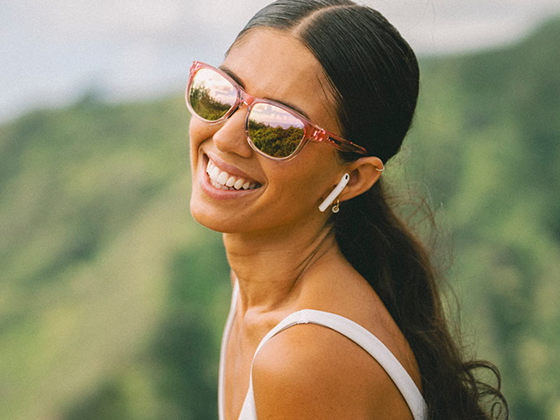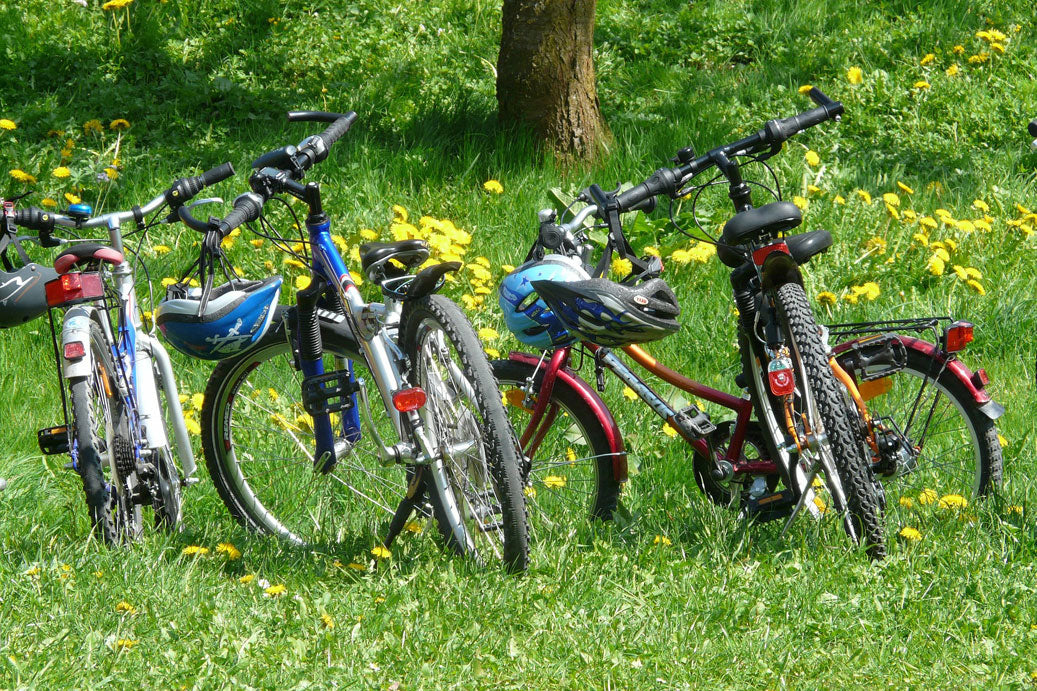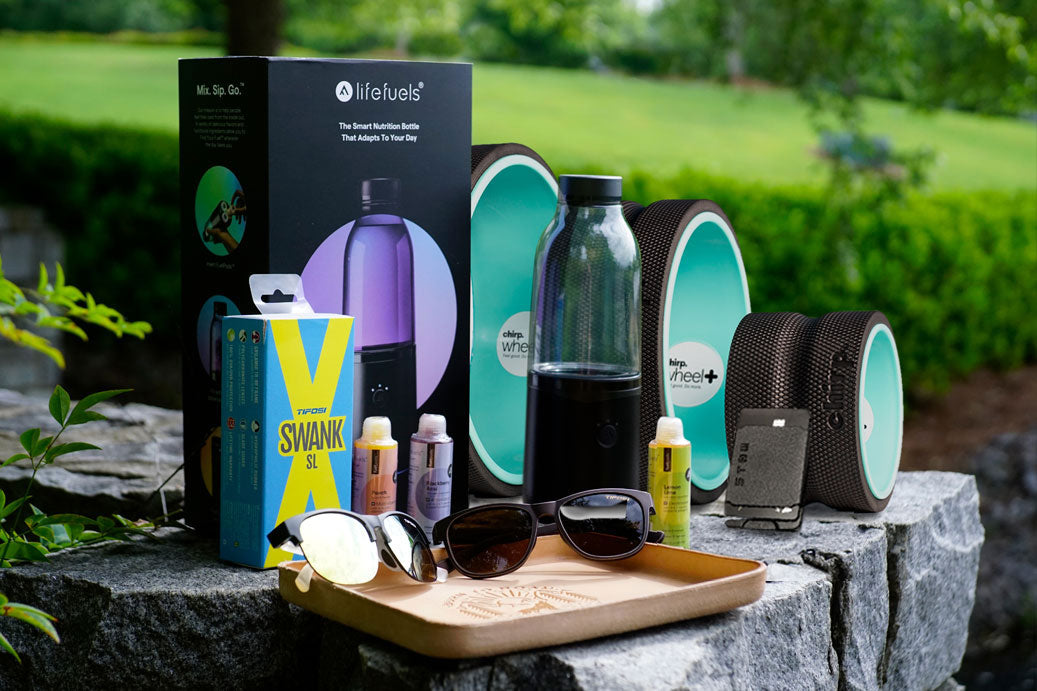The Tifosi community consists of mothers, fathers, friends, neighbors, runners, cyclists, and athletes. We can no longer sit on the sideline and watch those same people who are in the black community be subject to racial prejudice and harm.
We’ve put together a list of resources to help us all learn more about this important movement.
Web:
Talking About Race by The Smithsonian’s National Museum of African American History and Culture: This online portal provides digital tools, online exercises, video instructions, scholarly articles and more than 100 multi-media resources tailored for educators, parents and caregivers—and individuals committed to racial equality.
The 1619 Project: The 1619 Project is an ongoing initiative from The New York Times Magazine that began in August 2019, the 400th anniversary of the beginning of American slavery. It aims to reframe the country’s history by placing the consequences of slavery and the contributions of black Americans at the very center of our national narrative.
#RealizedIWasBlack: CNN asked celebrities, their own anchors and reporters, and others to tell when they first realized that being black affected how people treated them.
Read:
White Fragility by Robin DiAngelo: Explore the counterproductive reactions white people have when their assumptions about race are challenged, and how these reactions maintain racial inequality.
So You Want to Talk About Race by Ijeoma Oluo: This book guides readers of all races through subjects ranging from intersectionality and affirmative action to “model minorities” in an attempt to make the seemingly impossible possible: honest conversations about race and racism, and how they infect almost every aspect of American life.
Biased by Dr. Jennifer Eberhardt: Eberhardt exposes racial bias at all levels of society—in our neighborhoods, schools, workplaces, and criminal justice system. Yet she also offers us tools to address it. Eberhardt shows us how we can be vulnerable to bias but not doomed to live under its grip. Racial bias is a problem that we all have a role to play in solving.
To discover more empowering books by black authors, visit Black Books Matter by Mahogany Books.
Watch:
Ted Talk, How to Overcome Our Biases: Our biases can be dangerous, even deadly — as we’ve seen in the cases of Michael Brown in Ferguson, Missouri, and Eric Garner, in Staten Island, New York. Diversity advocate Vernā Myers looks closely at some of the subconscious attitudes we hold toward out-groups. She makes a plea to all people: Acknowledge your biases. Then move toward, not away from, the groups that make you uncomfortable. In a funny, impassioned, important talk, she shows us how.
When They See Us (Stream on Netflix): In 1989 a jogger was assaulted and raped in New York’s Central Park, and five young people were subsequently charged with the crime. The quintet, labeled the Central Park Five, maintained its innocence and spent years fighting the convictions, hoping to be exonerated. This limited series spans a quarter of a century, from when the teens are first questioned about the incident in the spring of 1989, going through their exoneration in 2002 and ultimately the settlement reached with the city of New York in 2014. The cast is full of Emmy nominees and winners, including Michael K. Williams, John Leguizamo, Felicity Huffman, and Blair Underwood. Oscar nominee and Emmy winner Ava DuVernay co-wrote and directed the four episodes.
13th (Stream on Netflix): Filmmaker Ava DuVernay explores the history of racial inequality in the United States, focusing on the fact that the nation’s prisons are disproportionately filled with African-Americans.
Donate:
100 Black Men: The 100 Black Men of America, Inc. is recognized as the nation’s top African American led mentoring organization. This organization is committed to personifying the type of people black children will look up to and emulate. Providing these children another choice in life by being around likeminded individuals who have similar aspirations and goals.
Facing History: By integrating the study of history, literature, and human behavior with ethical decision making and innovative teaching strategies, this program enables secondary school teachers to promote students’ historical understanding, critical thinking, and social-emotional learning. As students explore the complexities of history, and make connections to current events, they reflect on the choices they confront today and consider how they can make a difference.
The Black Youth Project: The Black Youth Project examines the attitudes, resources, and culture of the young, urban black millennial, exploring how these factors and others influence their decision-making, norms, and behavior in critical domains such as sex, health, and politics. Arguably more than any other subgroup of Americans, African American youth reflect the challenges of inclusion and empowerment in the post–civil rights period. At the core of this project will be an exploration of what young black Americans think about the political, cultural, and sexual choices and challenges confronting them and their peer group.
Know that we hear you, we see you, and we stand with you in solidarity. We want to do better and are committed to learning and evolving to help bring about change. We ask that you do the same.
“Silence in the face of injustice, is injustice in action.” ― C. JoyBell C.





